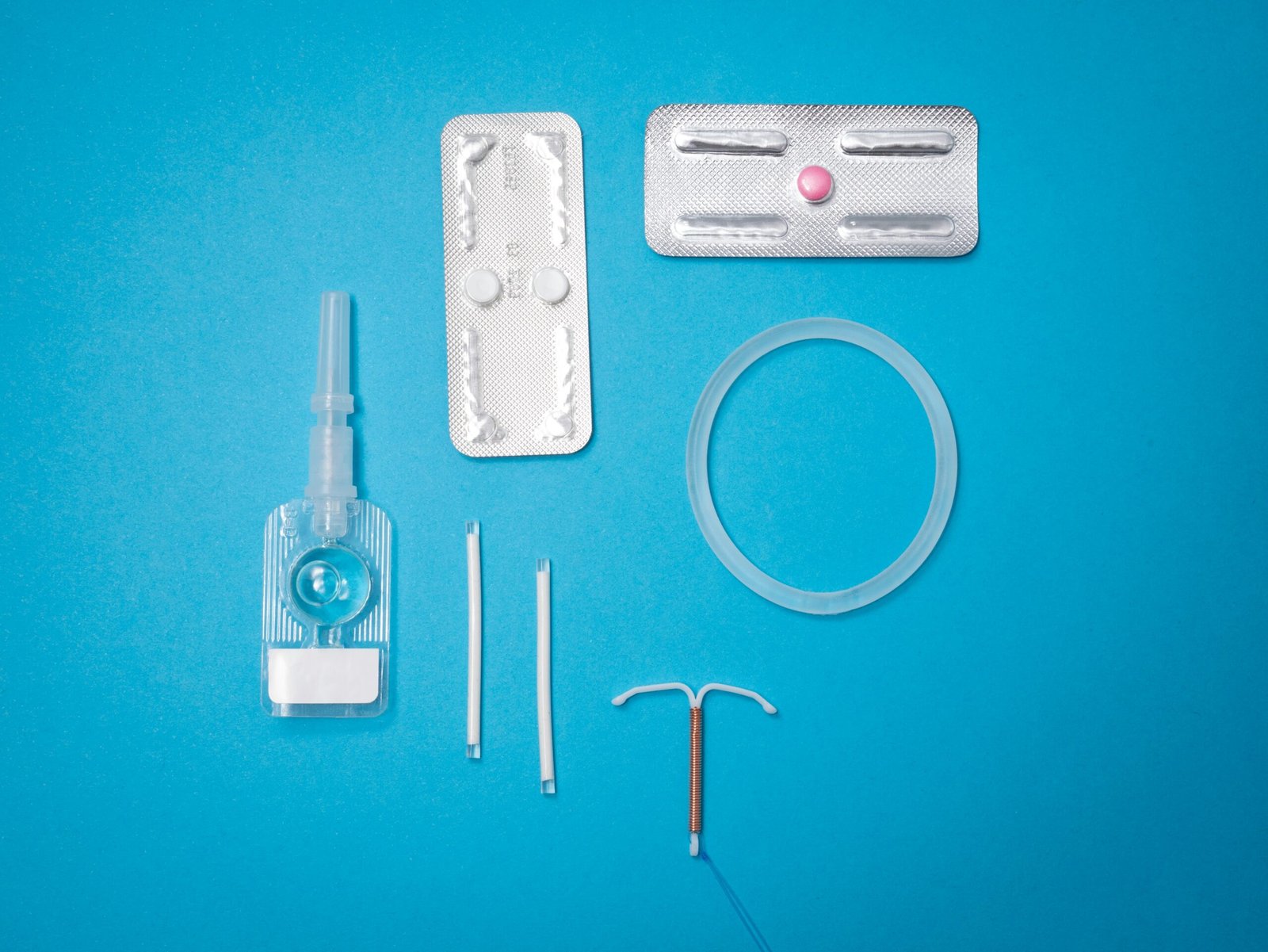What are Contraceptive Implants?
Contraceptive implants are a highly effective form of birth control that involves a small rod being inserted under the skin. This rod releases hormones that prevent ovulation, thereby reducing the chances of pregnancy. It is a long-term contraceptive method that provides protection for several years without the need for daily or monthly administration.
How do Contraceptive Implants Work?
The contraceptive implant works by steadily releasing hormones, typically progestin, into the body. Progestin is a synthetic form of the hormone progesterone, which is naturally produced by the ovaries. By releasing progestin, the implant prevents the ovaries from releasing eggs, thus inhibiting ovulation.
In addition to preventing ovulation, contraceptive implants also thicken the cervical mucus, making it difficult for sperm to reach the egg. They also thin the lining of the uterus, making it less receptive to a fertilized egg. These combined effects provide a highly effective barrier against pregnancy.
How is the Contraceptive Implant Inserted?
The insertion of a contraceptive implant is a simple and relatively quick procedure that can be done by a healthcare professional. The rod, which is about the size of a matchstick, is inserted just under the skin of the inner upper arm. Local anesthesia may be used to numb the area before the insertion to minimize any discomfort.
Once the implant is in place, it can remain effective for several years, depending on the specific type of implant. Some implants can provide protection for up to three years, while others can last even longer. It is important to consult with a healthcare provider to determine the best option for your individual needs.
Advantages of Contraceptive Implants
Contraceptive implants offer several advantages that make them a popular choice for many individuals:
- Highly effective: With a failure rate of less than 1%, contraceptive implants are one of the most reliable forms of birth control.
- Long-lasting: Depending on the type of implant, protection can last for several years, providing a convenient and hassle-free contraceptive option.
- Reversible: If you decide to become pregnant or discontinue using the implant, it can be easily removed by a healthcare professional.
- Convenience: Once the implant is inserted, there is no need to remember to take a pill or use other forms of contraception on a daily or monthly basis.
- Privacy: Contraceptive implants are discreet and not visible to others, offering a high level of privacy.
Are There any Side Effects?
While contraceptive implants are generally safe and well-tolerated, some individuals may experience side effects. These can include:
- Irregular menstrual bleeding
- Headaches
- Weight gain
- Acne
- Mood changes
- Breast tenderness
It is important to note that not everyone will experience these side effects, and they are typically temporary and subside over time. If you have any concerns or experience severe side effects, it is recommended to consult with your healthcare provider.
Is a Contraceptive Implant Right for You?
Choosing the right method of contraception is a personal decision that depends on various factors, including your health, lifestyle, and future plans. Contraceptive implants are an excellent option for individuals who want a highly effective, long-term contraceptive method that does not require daily or monthly attention.
It is important to discuss your options with a healthcare provider to determine the best contraceptive method for your individual needs. They can provide guidance, answer any questions you may have, and help you make an informed decision about your reproductive health.
Remember, contraceptive implants do not protect against sexually transmitted infections (STIs). If you are at risk of STIs, it is important to use additional barrier methods, such as condoms, to ensure comprehensive protection.
In conclusion, contraceptive implants are a safe, reliable, and convenient form of birth control. With their high effectiveness and long-lasting protection, they offer individuals a worry-free option for preventing pregnancy. Consult with your healthcare provider to determine if a contraceptive implant is the right choice for you.

